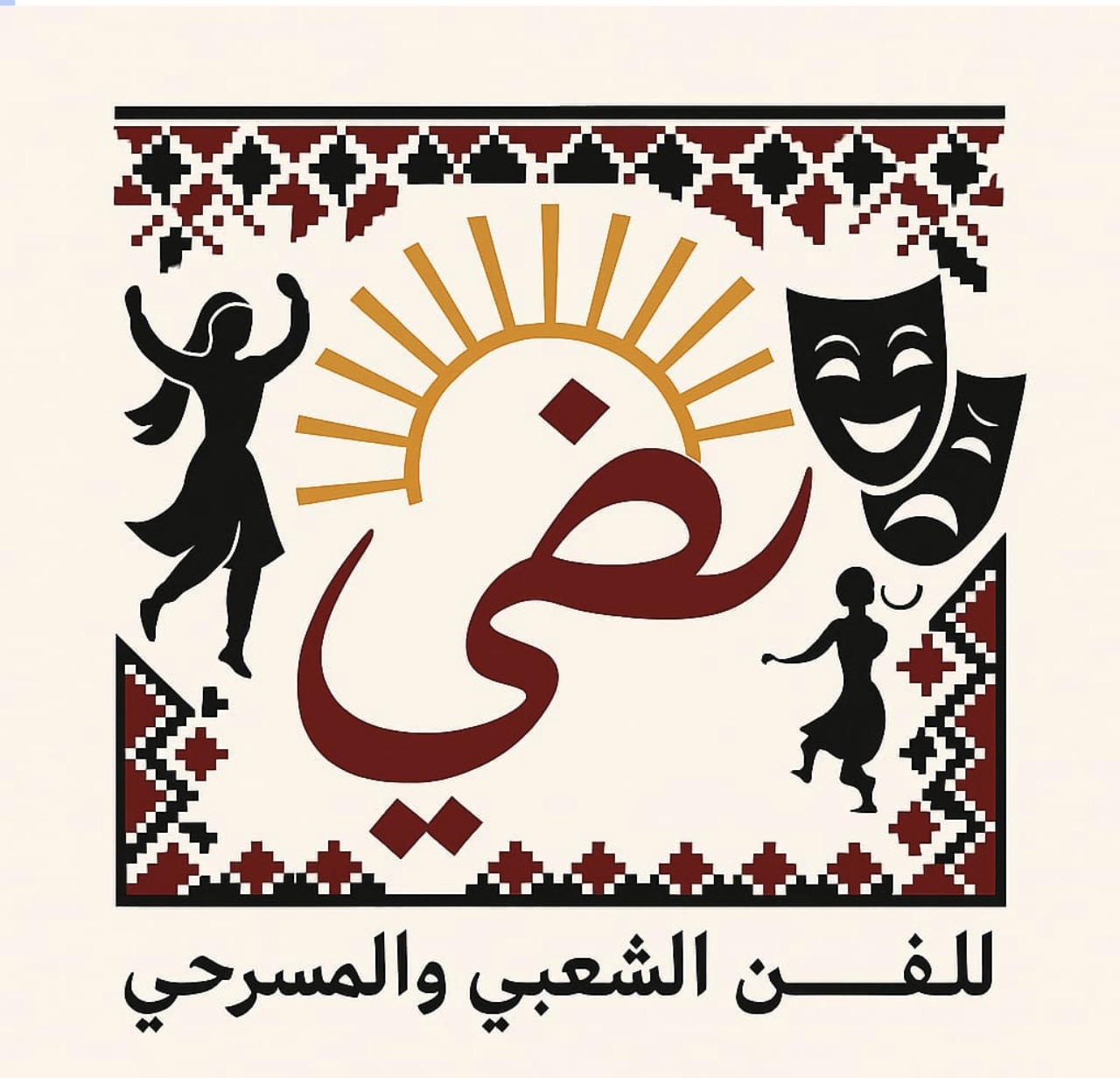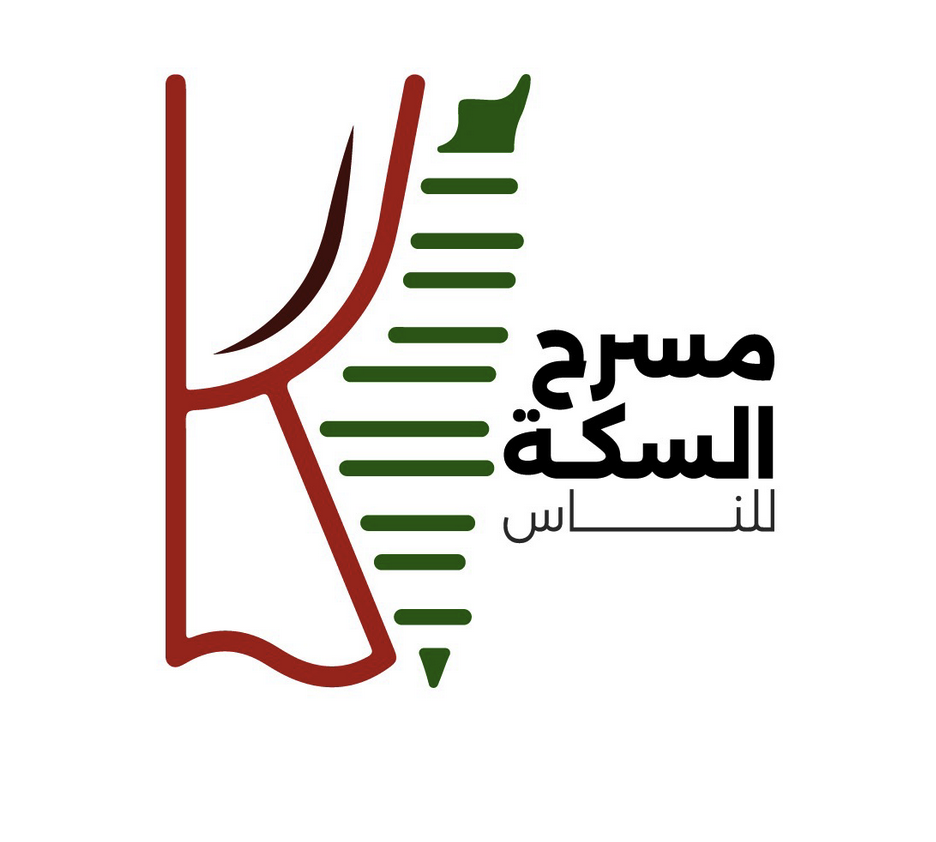“No… I will not let the beast devour my existence, for I am a bird of the coming dawn, heading toward the sun of freedom” - Ibaa Ismail
The Boggs Center presents
Birds of the Coming Dawn Exhibition
Join us for three events on August 9, 16 & 23, 2025
Opening Reception: Saturday, August 9, 5:00 pm - 8:00 pm
Artworks created under conditions of siege in Gaza serve as the conceptual core of the exhibition.
In response, Detroit-based poets and visual artists joined a collective, developed sculptural sanctuaries, ritual objects, and public interactive environments to elevate and honor these expressions of profound human suffering.
Honoring the work of Palestinian artists Mohamad Al Harb, Nabil Abu Ghanima, Khalil Khaled and Sohail Salem
Featuring the artistry of Cyrah Dardas, Qais Al Sindy, Zeinab Saab & Ahmad Nagy, the poetry of Ibaa Ismail, Kamelya Omayma Youssef, and the exhibition curation of Biba Sheikh
Proceeds from purchases go toward artist Mohamad Al Harb and his family in support of their efforts to leave Gaza.
Please donate what you can to their fundraising campaign HERE.
Birds of the Coming Dawn Performance Festival
Performance 1: Saturday, August 16, 2:00 pm - 5:00 pm
With special guest African Drum and Dance
Performance 2: Saturday, August 23, 2:00 pm - 5:00 pm
With special guest Xiao Dong Wei
We invite you to two interactive theatrical experiences.
These events will be immersive gatherings that explore Boggsian themes of self-transformation, collective healing, and global historical awareness. These public engagements each contribute to a larger narrative in sync with an August performance of this experience in Palestine which will be available to view the companion exhibition.
Biba Sheikh is the Director and Playwright of the festival.
Artist Bio
Biba Sheikh began studying mime with Marcel Marceau and later with members of the Polish Laboratory Theater of Jerzy Grotowski. She developed vocal work in relation to voice anthropologist, Jorge Lopez, who researched singing methods from indigenous tribes of Latin America. Her foundation, The Mediterranean Fire Project, is a platform to work with artists from the Mediterranean, with a great focus on areas of forced migration. Her nomadic existence led her on a journey with vulnerable populations with the “abandoned children” of Lebanon. After the war left these young people alone, Habibah felt a strong responsibility in order to help them find their voices through storytelling platforms.
Artistic Theatre Statement
This project is unfolding as a collaboration with two Palestinian theatre directors.
Each director is working with the community script to create his or her own unique theatre production. Each will add their own content about life in Gaza, through symbolic acts, characters, songs, and theatre, arts, allowing the stories to emerge organically from within the community script’s structure, which revolves around sacred geometry, and the explosion of a seed giving way to a rising tree, however, the symbolism is of death and a spirit's departure from the world.
The directors have also been in an ongoing online dialogue and will continue their work together as the productions evolve.
Below are the theatre directors and their projects:
Mohammad Haj Hamad, a theater director, actor, and filmmaker from Balata Camp in Nablus, has dedicated over three decades to advancing Palestinian performing arts and cultural resilience. As Head of the Artistic Department at the Yafa Cultural Center and Director of the renowned A’idoon Troupe, he has trained and led generations of artists, including children, youth, and people with disabilities. His body of work spans theater, film, and folk dance, with performances and directorial projects presented at major international festivals in Scotland, Ireland, Italy, Turkey, and the United States. Known for works such as The Bird of the Barrier, Khuza’a Bathhouse, and The Age of Innocents, Mohammad’s art is deeply rooted in the lived experiences of Palestinian communities, blending storytelling, political awareness, and creative innovation. Through his leadership in cultural institutions and festivals, he continues to amplify the voices of Palestine on the world stage, embodying the belief that art can both preserve heritage and inspire liberation.
Osama M. Atwa, a Palestinian theater director, actor, and cultural organizer from Deir al-Ghusun, Tulkarm, has dedicated his life to creating art as an act of resistance and resilience. Trained in drama, puppetry, street theater, and international performance techniques through institutions in Palestine and Italy, he has led and collaborated on productions that speak to the Palestinian experience under occupation, exile, and displacement. From coordinating the Theater Department at the Qandil Foundation for Culture and Arts to directing and performing in works such as Bisan, Yousef, and international collaborations like The Island in Sardinia, Osama’s work bridges local narratives with global stages. His productions—whether staged in the streets of Tulkarm, the theaters of Bethlehem, or abroad—are rooted in the urgency of preserving Palestinian stories, using the stage as a space for cultural survival, memory, and transformation.
Supporting both the Palestinian and Detroit production, Khalil Khaled, a Palestinian actor, lighting designer, and photographer based in Nablus. A graduate of the Higher Institute of Dramatic Arts in Damascus, he has trained and performed in Palestine, Syria, Lebanon, and Italy, and has worked with very powerful artists.




